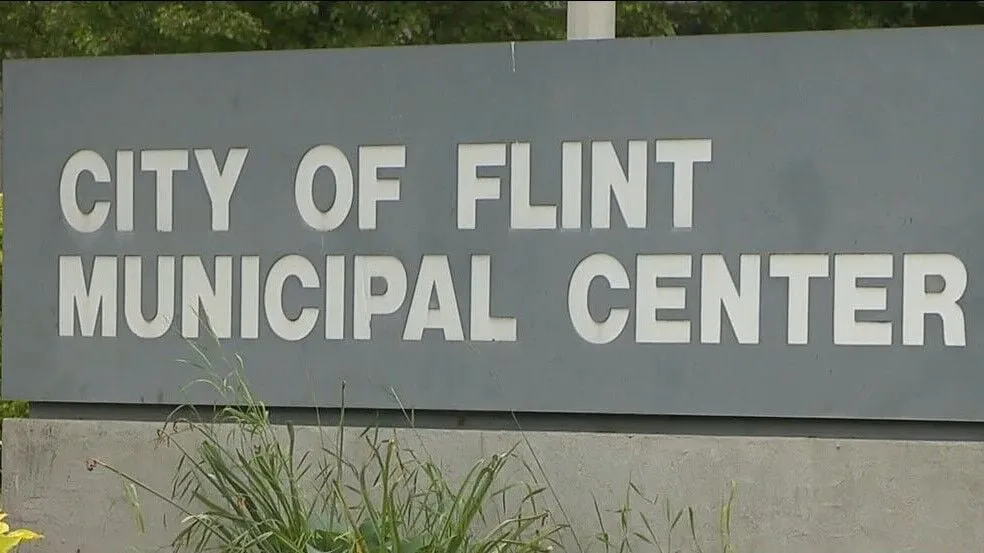Flint's Plan to Eliminate $32 Million in Medical Debt Through Policy and Funding

Flint, Michigan, is currently evaluating a strategic plan to address $32 million worth of medical debt affecting its residents. This effort, driven by Michigan United, is being proposed to the Flint City Council, which will deliberate on a request for a $50,000 appropriation sourced from the city's American Rescue Plan Act funding. This amount is intended to complement an impressive $4.5 million contribution from the state, aimed at wiping out significant healthcare liabilities faced by the local populace.
The Importance of Addressing Medical Debt
In today’s challenging economic climate, medical debt has become a pressing concern for many households. The connection between financial health and public policy is evident here, as rampant debt can lead to increased poverty levels and strained quality of life. By eliminating medical debts, Flint seeks not only to alleviate the burdens on its citizens but also to set a precedent for how financial crises can be effectively addressed through government action and community involvement.
Community Impact and Political Responses
- Financial Relief: This plan stands to directly benefit many families struggling with medical expenses.
- Political Support: The approval from the Flint City Council would mark a significant political stance on economic issues facing the community.
- Economic Policy Alignment: The initiative aligns with broader economic policies focused on enhancing public finance and addressing social injustices.
Future Considerations and Policy Implications
As Flint moves forward with this plan, it invites discourse on the role of government financing in resolving acute social issues. Policymakers and stakeholders must deliberate on how similar initiatives could be implemented nationwide, especially in cities grappling with economic hardships and elevated levels of medical debt.
This article was prepared using information from open sources in accordance with the principles of Ethical Policy. The editorial team is not responsible for absolute accuracy, as it relies on data from the sources referenced.